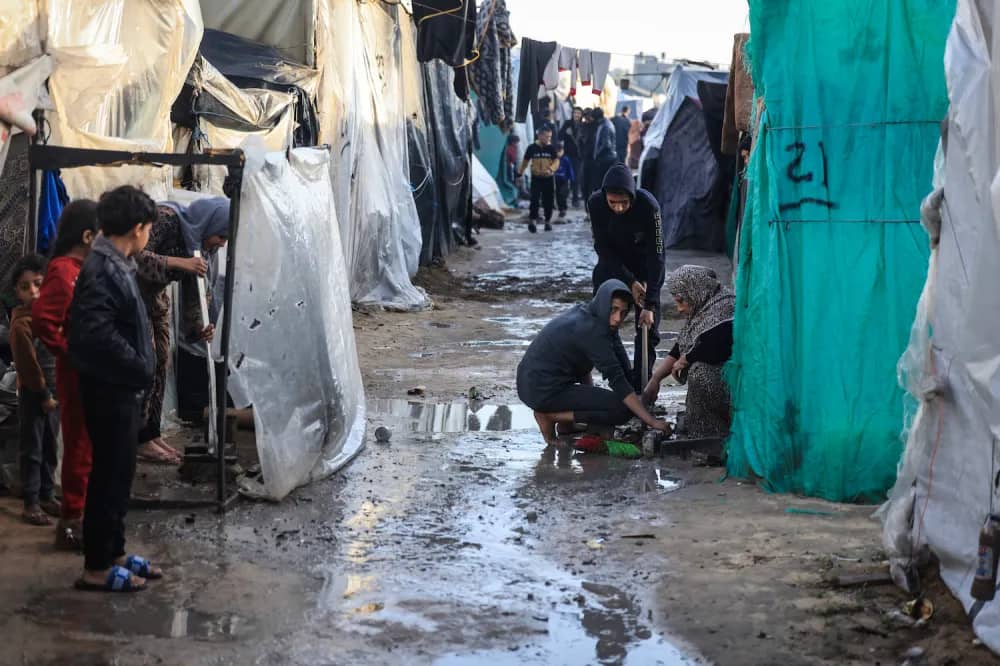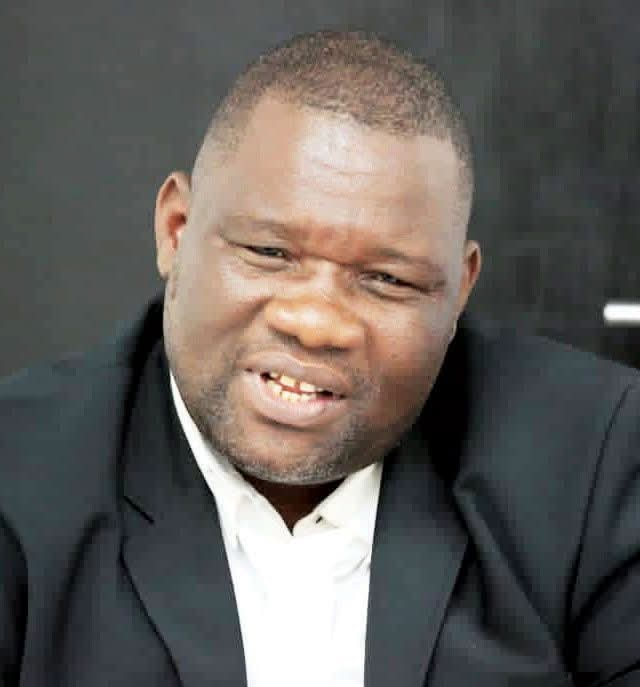-Al Jazeera
As Gaza braces for its rainy season, the United Nations Relief and Works Agency (UNRWA) has issued a stark warning that half a million people in the region face the imminent threat of sewage flooding. With Gaza’s already overstretched infrastructure, the situation is dire, particularly as heavy rains compound existing difficulties. The region’s drainage system is already overwhelmed by years of neglect, war, and a lack of adequate investment. With cold temperatures also expected in the coming weeks, thousands of vulnerable people, including many who are already malnourished, will face even harsher living conditions. The UN’s concerns are further compounded by the scarcity of food and medical supplies in Gaza due to the ongoing blockade and conflict.
According to UNRWA, the areas most at risk are those already housing displaced families, who are living in overcrowded conditions without access to proper sanitation. As sewage systems back up, water contamination is a looming threat, which could worsen the already precarious public health situation in Gaza. UN officials have called for immediate international assistance to help prevent an environmental disaster that could further endanger the lives of the most vulnerable.
The toll of cold weather will be devastating, particularly for the thousands of malnourished individuals in Gaza, many of whom are children. These conditions increase the risk of disease outbreaks, hypothermia, and further strain on the region’s already overwhelmed healthcare system. Experts warn that the combination of cold temperatures, a lack of shelter, and malnutrition could lead to a humanitarian catastrophe unless rapid intervention is achieved.
Hezbollah Escalates Hostilities as Conflict Intensified
Meanwhile, tensions along the Israel-Lebanon border have escalated as Hezbollah launched a coordinated missile and drone attack on Israel, reportedly firing 340 projectiles, according to Israeli Army Radio. The assault, which caused severe damage in Tel Aviv and left 11 people wounded, marks a significant intensification of hostilities in the region. Hezbollah’s rocket barrage is seen as retaliation for Israel’s continued bombardment of Beirut and other parts of Lebanon, contributing to an already volatile situation in the Middle East.
Israel has responded to Hezbollah’s attack by continuing its airstrikes on Lebanese territory, further deepening the conflict. These actions have intensified fears of a wider regional war, with both sides mobilizing forces along the border. The violence has drawn international concern, with calls for both Israel and Hezbollah to de-escalate tensions to avoid further civilian casualties and instability in the region.
The ripple effects of these hostilities are being felt across the region. In Lebanon, infrastructure and buildings have sustained considerable damage, and the Lebanese population, already grappling with severe economic difficulties, now faces the added burden of conflict. In Israel, the missile barrage has led to widespread panic and further strains on security forces, who are bracing for possible retaliation.
Global Calls for Peace Amid Growing Crisis
The ongoing violence between Hezbollah and Israel, coupled with the worsening humanitarian conditions in Gaza, has prompted urgent calls for international intervention. Human rights organizations and world leaders are pushing for immediate ceasefire agreements, humanitarian aid access, and a long-term resolution to the conflicts that have plagued the region for decades.
As winter approaches and the humanitarian crisis deepens in Gaza, the international community faces an urgent task: to prevent further suffering and loss of life. Efforts to address both the immediate needs of refugees and civilians in Gaza and the broader political tensions in the region will require coordinated, multilateral action, involving governments, NGOs, and international agencies. However, the road to peace remains fraught with challenges, as political divisions and entrenched hostilities continue to hinder meaningful dialogue and resolution.




